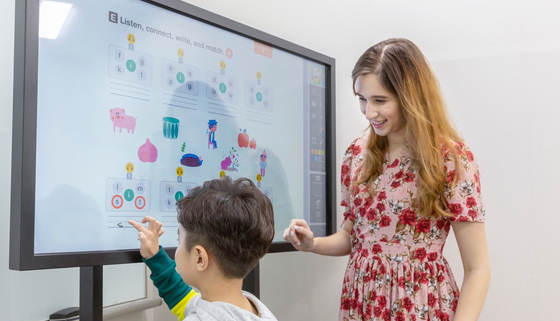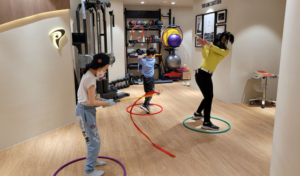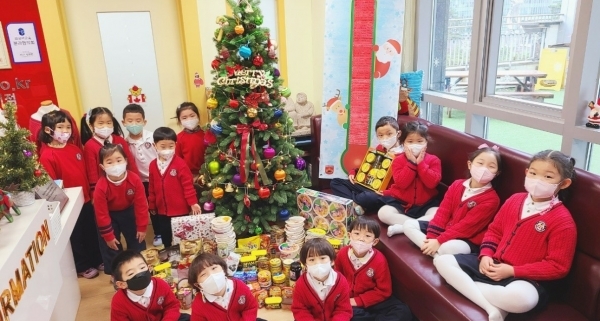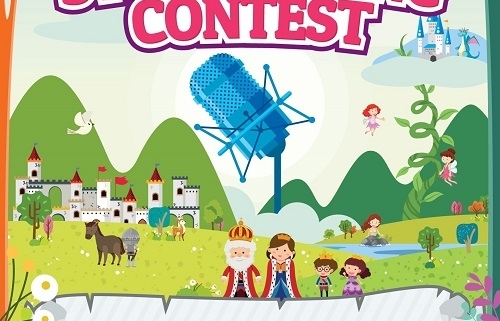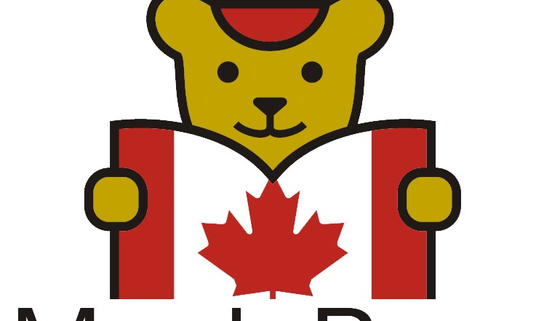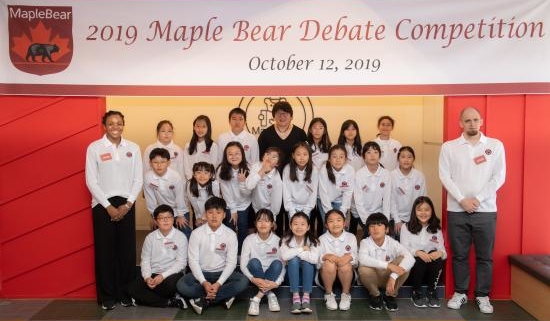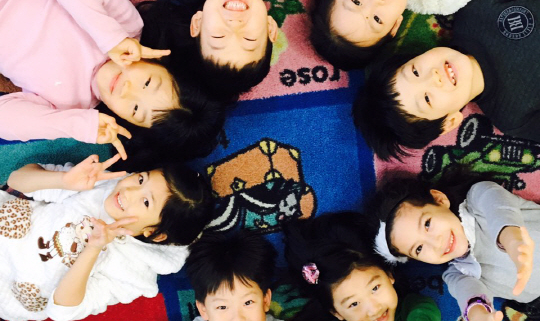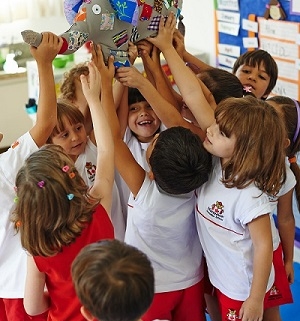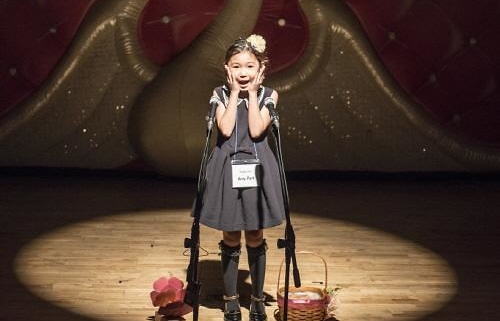Requirements for Teaching English in Korea
The requirements for teaching English in Korea are diverse and are always subject to change on a dime. But after going through all these motions, English teachers in Korea can find themselves with an experience that leaves a lasting impression on their lives. And with Adventure Teaching leading you the way and helping you navigate through all the riffraff and pitfalls, that lasting impression is sure to be a positive one! Rest assured, with support staff who are bilingual and also have lived in Korea for many years on both sides of the fence, both as teachers and school administrators, we have got your back.
Before we get too deep into the requirements for teaching English in Korea, please feel free to skip right to the comments at the bottom if you have any questions to start off with or email us in confidence at [email protected].
Otherwise, come along on a deep dive with us as we cover the requirements for teaching English in South Korea as follows:
Visa Requirements for Teaching English in South Korea: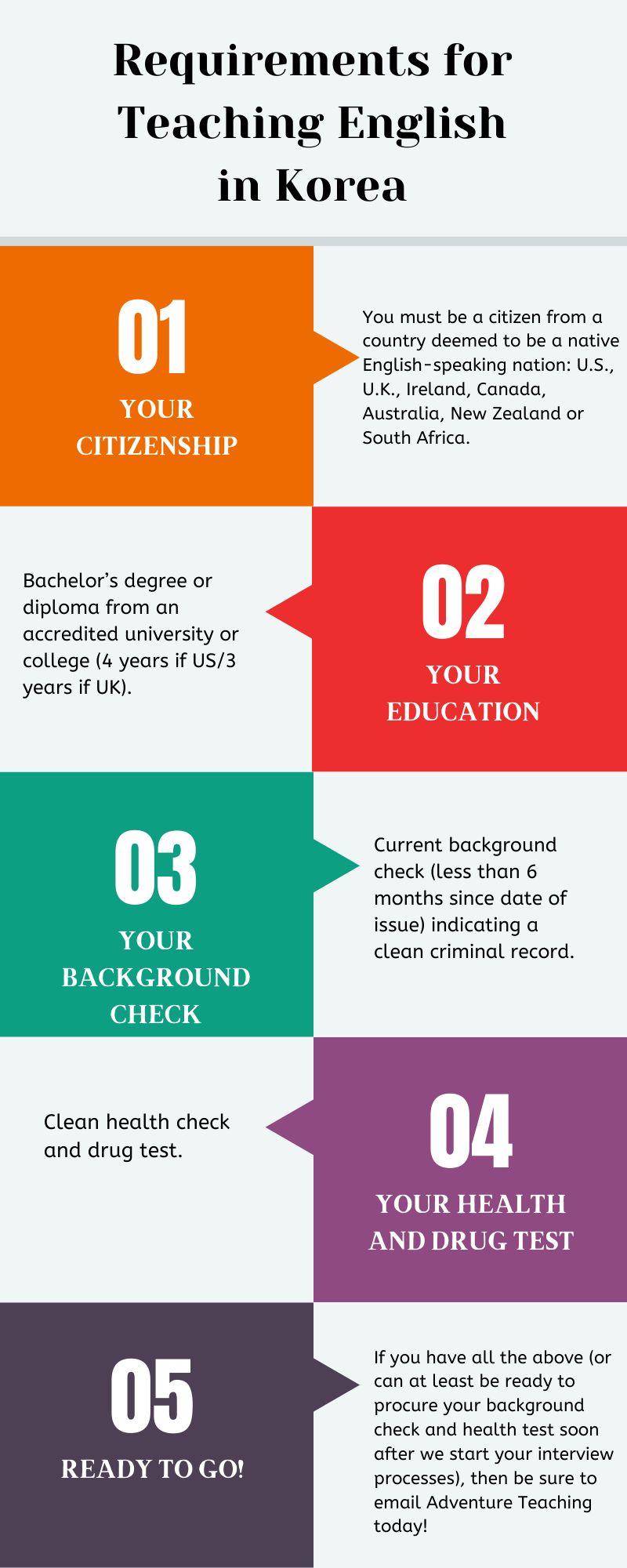
- You must be a citizen from a country deemed to be a native English-speaking nation: U.S., U.K., Ireland, Canada, Australia, New Zealand or South Africa.
- Bachelor’s degree or diploma from an accredited university or college (4 years if US/3 years if UK).
- Current background check (less than 6 months since date of issue) indicating a clean criminal record.
- Clean health check and drug test.
The above are the minimum requirements for what is referred to as an E-2 teaching visa issued by Korean immigration and allows you to work for one year at the workplace of your visa sponsor. Please note that there are other visas that may apply to you where you are able to teach English in Korea, such as E-1 (university professor), F-2 (Long-term Residency Visa), F-4-11 (Overseas Korean, ie. Korean-American, etc), F-5 (Permanent Resident) and F-6 (Spousal Visa, ie., Spouse of a Korean National). If you are eligible for any of these visas or have any questions about obtaining one of these visas, feel free to ask in the comments or contact us at [email protected].
To be able to teach English in Korea, you must be able to fulfill certain documentation requirements mandated by the Korean government. Emailing us at [email protected] is your best first step to get started and we can advise you with our documentation checklist that will be most accurate in case of any recent changes to the process.
Throughout the process of applying and interviewing for any of our English teaching positions, and then getting your visa processed via the consulate after agreeing to a contract, all of our incoming teachers must have ready and be able to provide the following documents at certain stages:
- Bachelor’s and/or Master’s degree/diploma (a copy notarized by a public notary along with a letter from the notary. This will later need to be verified by a Korean Consulate. Again, we’ll advise you on all this.
- Sealed college or university transcript (Stamp/sticker/or registrar’s signature should be over the seal of the envelope)
- 1 original Criminal Record Check with issuing agency’s stamp (ie. FBI, RCMP, etc) verified by Korean Consulate (no older than 6 months since issuance)
- Your resume
- A clear photocopy of the information page of your passport
- E2 Health Statement
- 5 Official Passport Photos (1 of which to be later submitted to Korean Consulate)
- Completed E2 Visa Application
- Consul’s Checklist
- Original contract (issued by your employer for visa processing at consulate)
- Original passport (still valid for at least one year)
Think you are all ready or have some lingering questions? Comment below or email us at [email protected]!

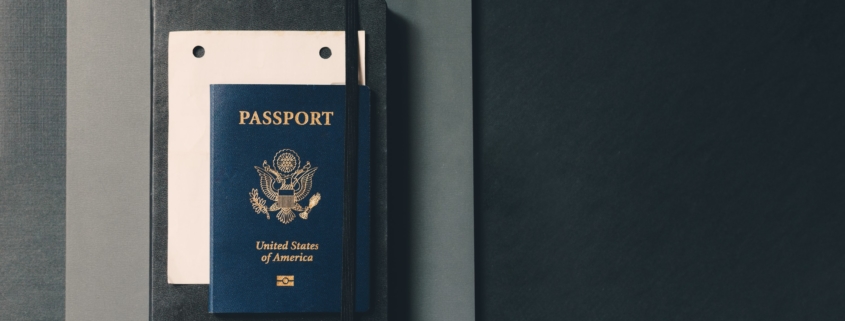 Photo by Kelly Sikkema on Unsplash
Photo by Kelly Sikkema on Unsplash

